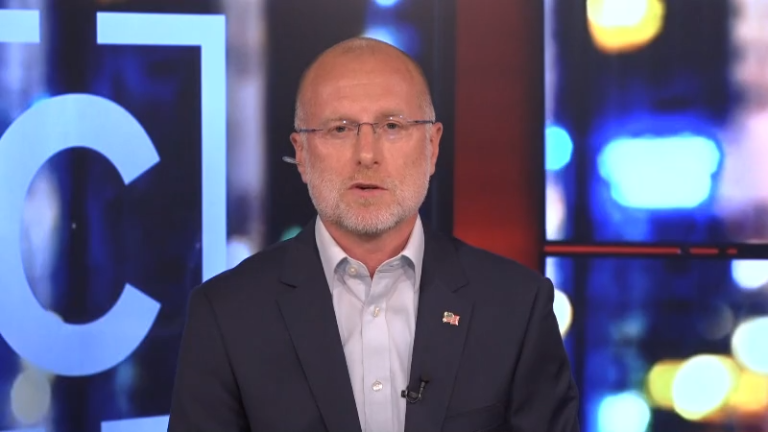(NewsNation) — President-elect Donald Trump’s pick to lead the Federal Communications Commission (FCC) has vowed to combat what he calls a “censorship cartel” across social media, government and traditional media platforms, arguing free speech is under unprecedented threat.
In a Monday interview on NewsNation’s “CUOMO,” Brendan Carr outlined a multipronged approach to addressing what he sees as growing restrictions on free expression he believes accelerated during the COVID-19 pandemic.
“Diversity of opinion is so important in this country, and it’s going to be one of my top priorities: trying to smash this censorship cartel,” Carr said.
The FCC is an independent agency that is overseen by Congress, but Trump has suggested he wanted to bring it under tighter White House control, in part to use the agency to punish TV networks that cover him in a way he doesn’t like.
What did Brendan Carr, Trump’s FCC chair pick, say in Project 2025?
Carr, an FCC commissioner since 2017, could try to usher in a drastic change to the agency when it comes to tech and broadcast companies’ freedoms.
In a statement released after Trump won the election, Carr said, “The FCC will have an important role to play reining in Big Tech, ensuring that broadcasters operate in the public interest, and unleashing economic growth” — all topics he touched on in Project 2025.
What did Brendan Carr say he will do as FCC chair?
During the interview, Carr identified three primary actors in this alleged censorship effort: technology platforms, government officials and advertising agencies.
Carr specifically criticized the current interpretation of Section 230 of the Communications Act, which provides legal protections for online platforms.
“If you have companies that get together that decide not to compete on a feature of business, including content moderation, that’s possibly a problem under our competition laws,” Carr told NewsNation.
Donald Trump’s new administration: Who has he chosen so far?
While supporting requirements that shield platforms from liability for user-generated content, he argued that the takedown conditions have been interpreted too broadly, allowing excessive content moderation.
“Any time you have an increase in government control, you necessarily have a decrease in free speech,” Carr said. “It’s fundamentally un-American.”
The commissioner suggested that the FCC could play a crucial role in promoting diverse viewpoints by reexamining how Section 230 is implemented. He expressed particular concern about so-called fact-checkers, which he characterized as “narrative checkers” that often suppress political speech.
“I think what we should try to protect is core political speech, religious speech, scientific speech,” Carr said.
What other family members received presidential pardons
Carr also highlighted broader media trust issues, noting that traditional media’s credibility has declined to the point where it now ranks lower in public trust than Congress. He said that broadcasters have a legal obligation to serve the public interest, a mandate he intends to take seriously.
“It wasn’t that long ago that mass media was the most trusted institution in America, and for a long time, it at least stayed above Congress in terms of trust, but it’s recently fallen below Congress,” Carr said. “I think the FCC needs to make sure that broadcasters are held to their public interest obligations.”
Beyond speech issues, Carr indicated the FCC would focus on economic initiatives, including spectrum allocation and supporting the space economy, echoing policies from the Trump administration.
NewsNation partner The Hill and The Associated Press contributed to this report.

